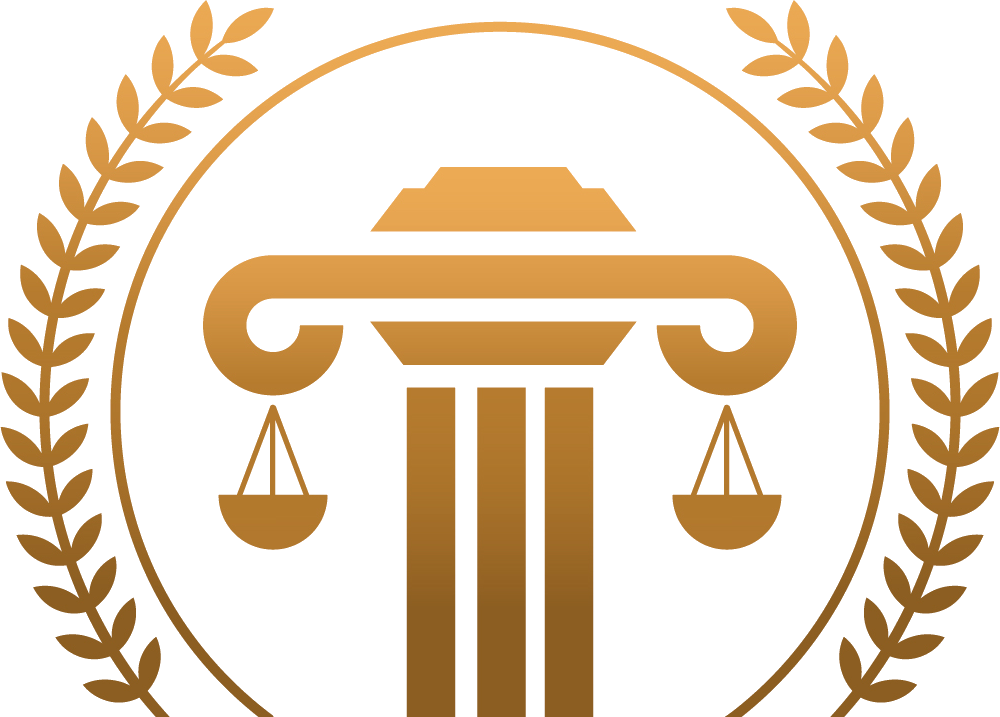
The Power of Law: How Legal Systems Shape Societies
Introduction: Law is the cornerstone of civilization, serving as the bedrock upon which societies are built and governed. It encompasses a complex system of rules, regulations, and principles designed to maintain order, resolve disputes, and protect the rights and freedoms of individuals. In this blog, we'll explore the multifaceted role of law in shaping our communities, promoting justice, and fostering a culture of accountability.
The Foundation of Society: From the earliest known legal codes, such as Hammurabi's Code in ancient Mesopotamia, to modern-day constitutional democracies, law has played a pivotal role in defining the rights and responsibilities of citizens and institutions. It provides a framework for social interaction, setting standards of conduct and defining acceptable behavior within a community.
Promoting Justice and Equality: One of the fundamental purposes of law is to uphold principles of justice and equality. Through the establishment of legal rights and protections, laws seek to ensure fairness and impartiality in the administration of justice. This includes safeguarding individuals against discrimination, ensuring access to legal representation, and promoting accountability for unlawful actions.
Protecting Individual Rights: Central to the concept of law is the protection of individual rights and freedoms. Constitutions, bills of rights, and international treaties establish legal safeguards against arbitrary government actions, unlawful discrimination, and violations of basic human rights. These legal protections empower individuals to assert their rights and hold authorities accountable for any infringements.
Resolving Disputes and Ensuring Order: Disputes and conflicts are inevitable in any society, but the rule of law provides mechanisms for their peaceful resolution. Courts, arbitrators, and mediators serve as impartial adjudicators, interpreting and applying legal principles to resolve disputes and enforce contractual obligations. By providing a forum for the resolution of conflicts, the legal system helps maintain social order and stability.
Fostering Economic Development: A robust legal framework is essential for fostering economic growth and development. Property rights, contract enforcement, and intellectual property protections create a conducive environment for investment, innovation, and entrepreneurship. By providing certainty and predictability, the legal system encourages economic activity and facilitates transactions both domestically and internationally.
Challenges and Evolutions: While the legal system plays a crucial role in promoting justice and order, it is not without its challenges and shortcomings. Issues such as access to justice, systemic inequalities, and the complexities of modern legal systems present ongoing challenges that require continuous attention and reform. Moreover, the rapid pace of technological advancement and globalization necessitate adaptations and innovations in legal frameworks to address emerging issues.
Conclusion: In conclusion, law is a powerful force that shapes our societies, influences our behaviors, and safeguards our rights and freedoms. From promoting justice and equality to resolving disputes and fostering economic development, the legal system serves as a pillar of civilization. By upholding the rule of law and working towards a more just and equitable society, we can harness the transformative power of law to build a brighter future for all.



